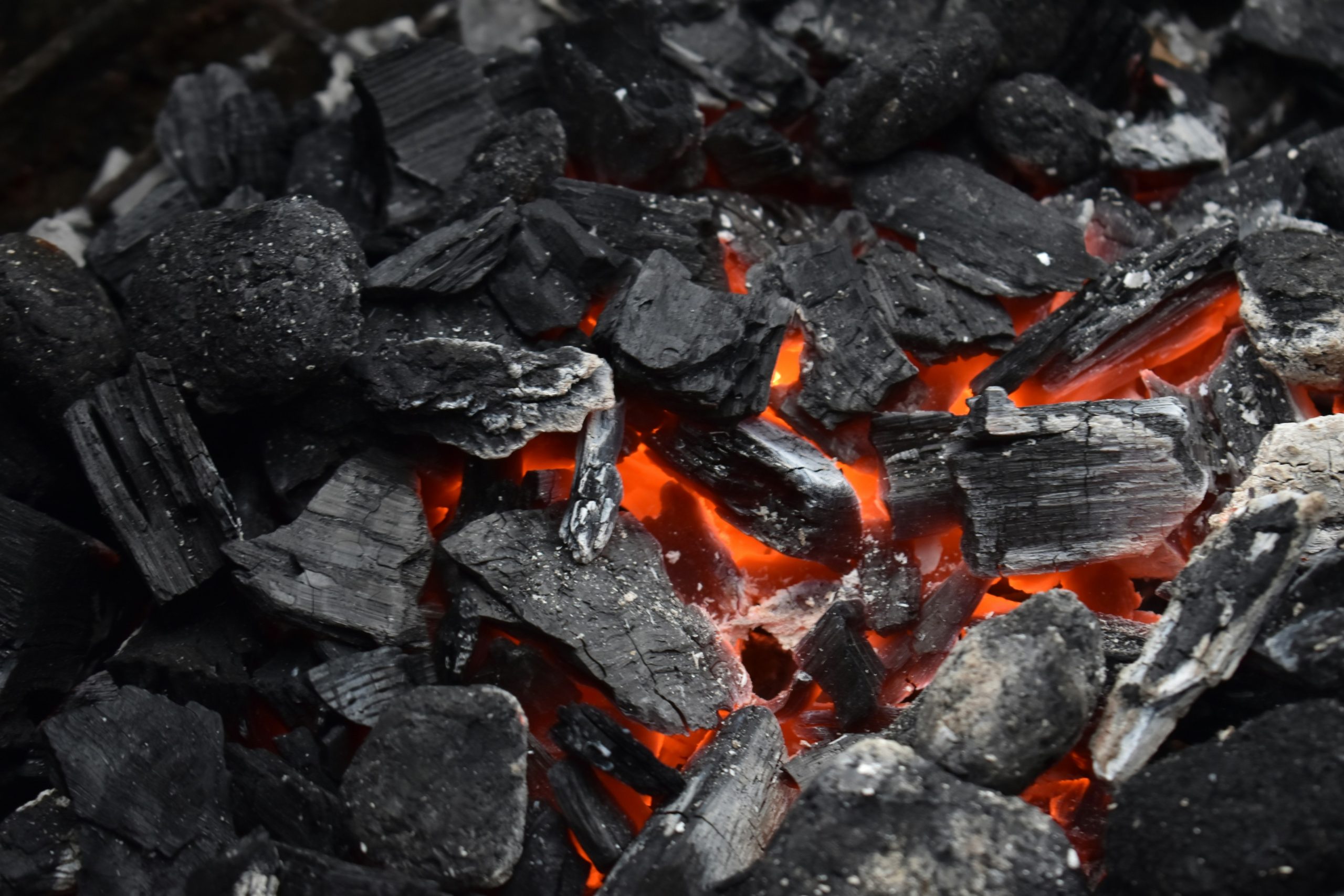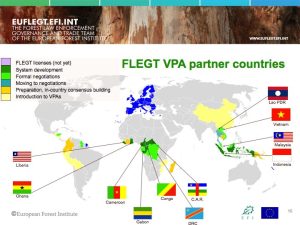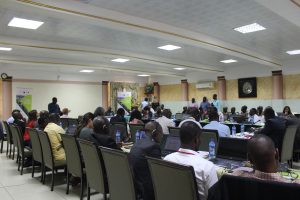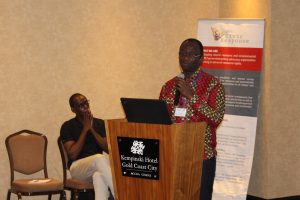The Coordinator of Center or Environmental Impact Analysis, Samuel Obiri, has called on civil society organisations to join in the campaign against government’s plan to resort to coal-fired power plant to resolve Ghana’s energy crisis.
Ghana has been experiencing erratic power supply since 2012 when a ship’s anchor cut the West African Gas Pipeline, forcing gas turbines to shut down for lack of fuel.
According to Mr. Obiri, the Government of Ghana is making arrangements to install a super-critical coal-fired power plant in Ekumfi Aboano in the Central Region to solve Ghana’s energy challenges.
The coal-fired power generating process would involve burning of pulverized coal in a boiler to heat water to produce steam which flows into a turbine, which spins the generator to produce electricity. According to the Volta River Authority, the project will strategically provide a reliable basis for Ghana’s base load operation while optimising power generation portfolio and generation reliability at favourable price advantage to support the Ghana’s economic and social development.
However, speaking at the just ended Contact Group Meeting held in Ho for Non-Governmental Organisations working in the forest and mining sector, Mr. Obiri expressed concern about this technology indicating that it is not only outmoded but will also pose a great risk to the environment in general.
“The proposed super critical coal-fired power plant technology will result in the emission of poisonous gases into the atmosphere, thereby causing air pollution,” he said.
Mr. Obiri also explained that Ekumfi Aboano, the proposed site for the project, is an earthquake prone area and therefore in the case of an earthquake, the effects will be devastating.
He indicated that a group of Non-Governmental Organisations have formed a coalition to fight against this project. He, therefore, called on other civil society organisations to take interest in the fight and help stop the project before it is even commenced.
“It is easier to fight against such projects before their commencement; once they commence, it becomes difficult to stop them,” he said.
The Contact Group meeting was convened by Civic Response, a leading natural resource and environmental (NRE) governance policy advocacy organisation in Ghana, and funded by the European Union and UK Aid.
By: Jemima Opare-Henaku
[kleo_button title=”Download” href=”http://civicresponsegh.org/wp-content/uploads/2016/11/CAMPAIGN-AGAINST-COAL.docx” style=”default” size=”xl” type”app”]




